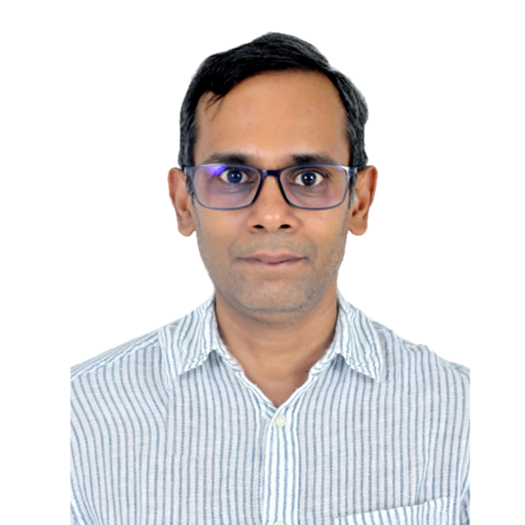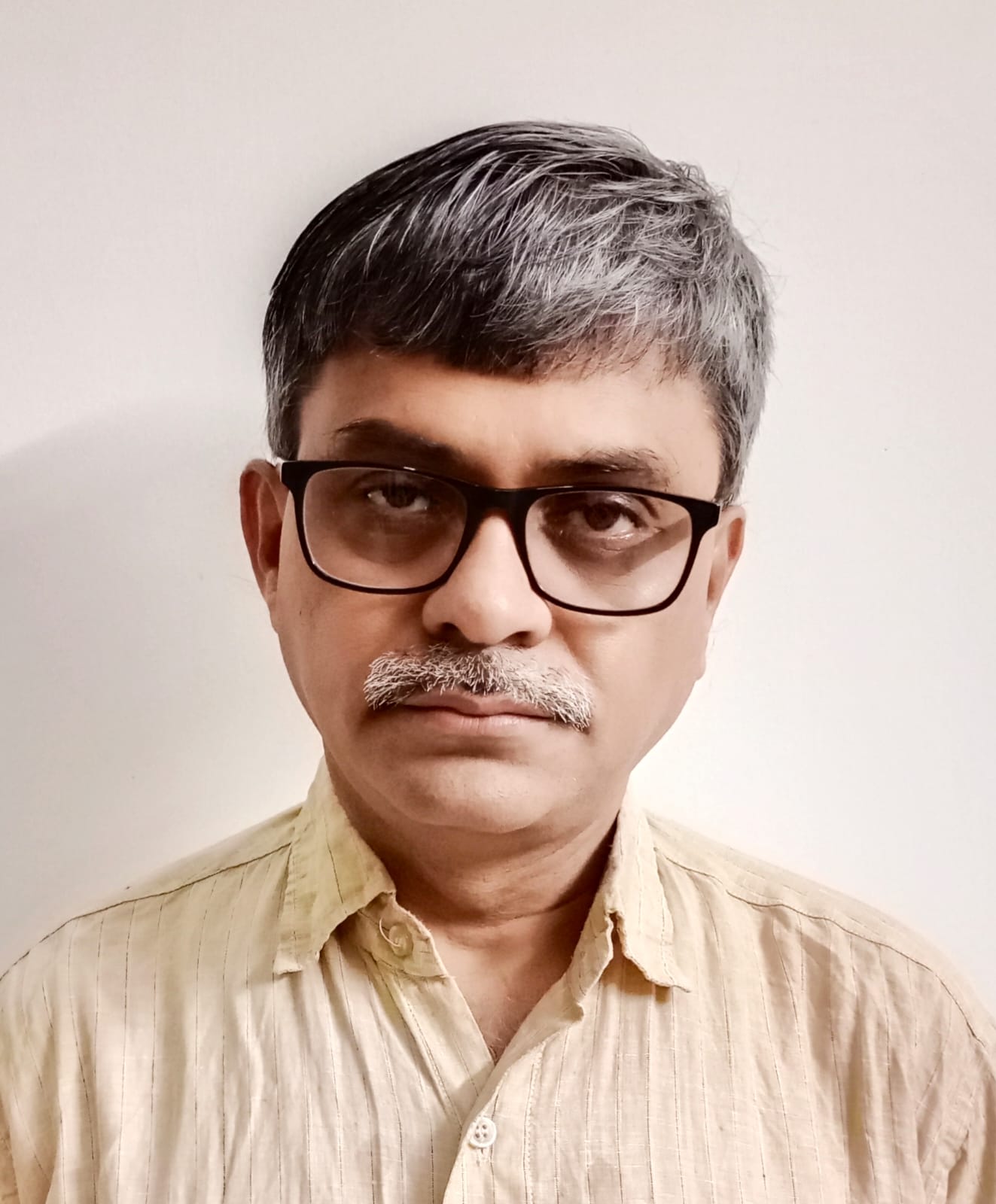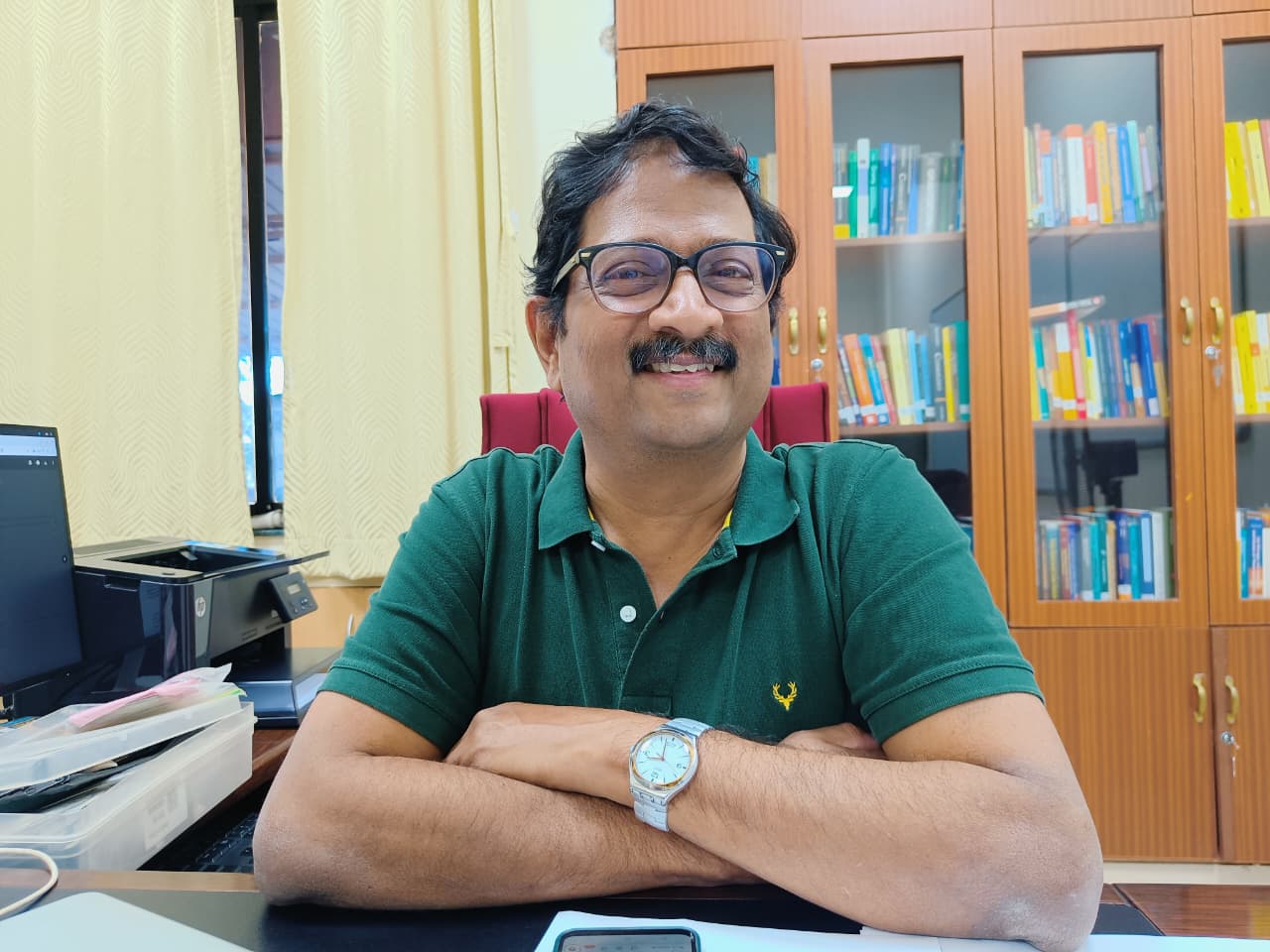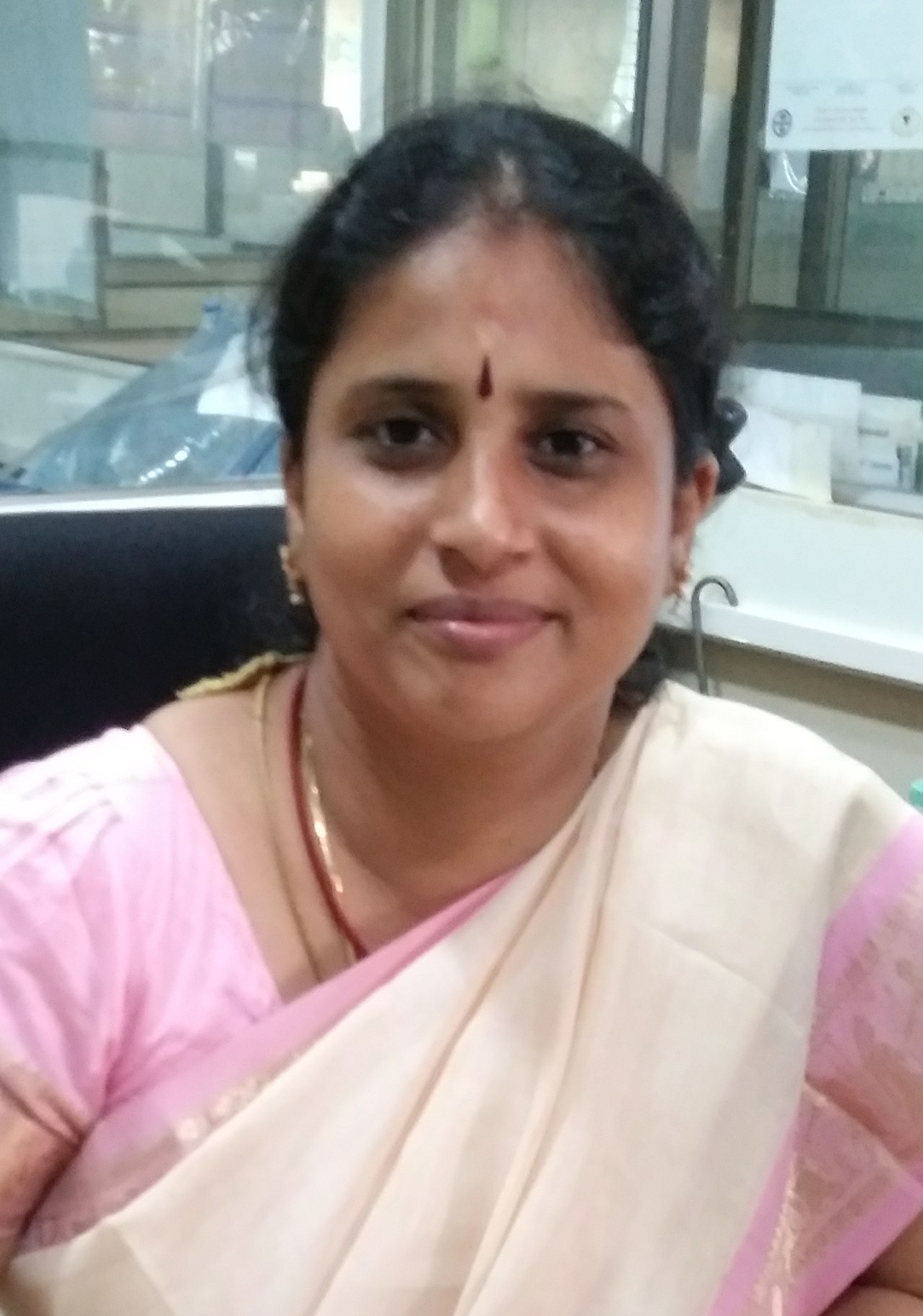About Program
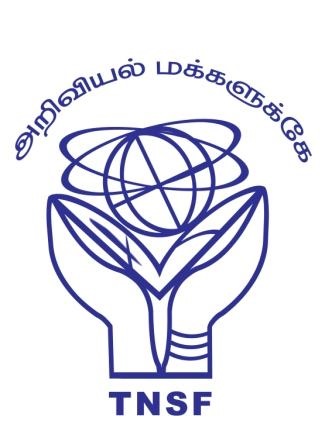
This is part of its efforts to popularize science to the general public and students who are pursuing science as their career. TNSF attempt to focus on students on higher science as everyone knows that learning of science at college within the curriculum is not enough to acquire holistic knowledge of science at the appropriate time. Hence, to fill the gap between what students are acquiring through the curriculum and what it is required, TNSF is planning its activities on higher science to students who are pursuing higher education.

How mathematicians think about symmetry Group theory is a way of formalizing symmetry in mathematical language. Mathematicians study the symmetries of flowers, snowflakes, molecules, crystals, and even algebraic and differential equations. We will see how objects can be better understood using their symmetries.
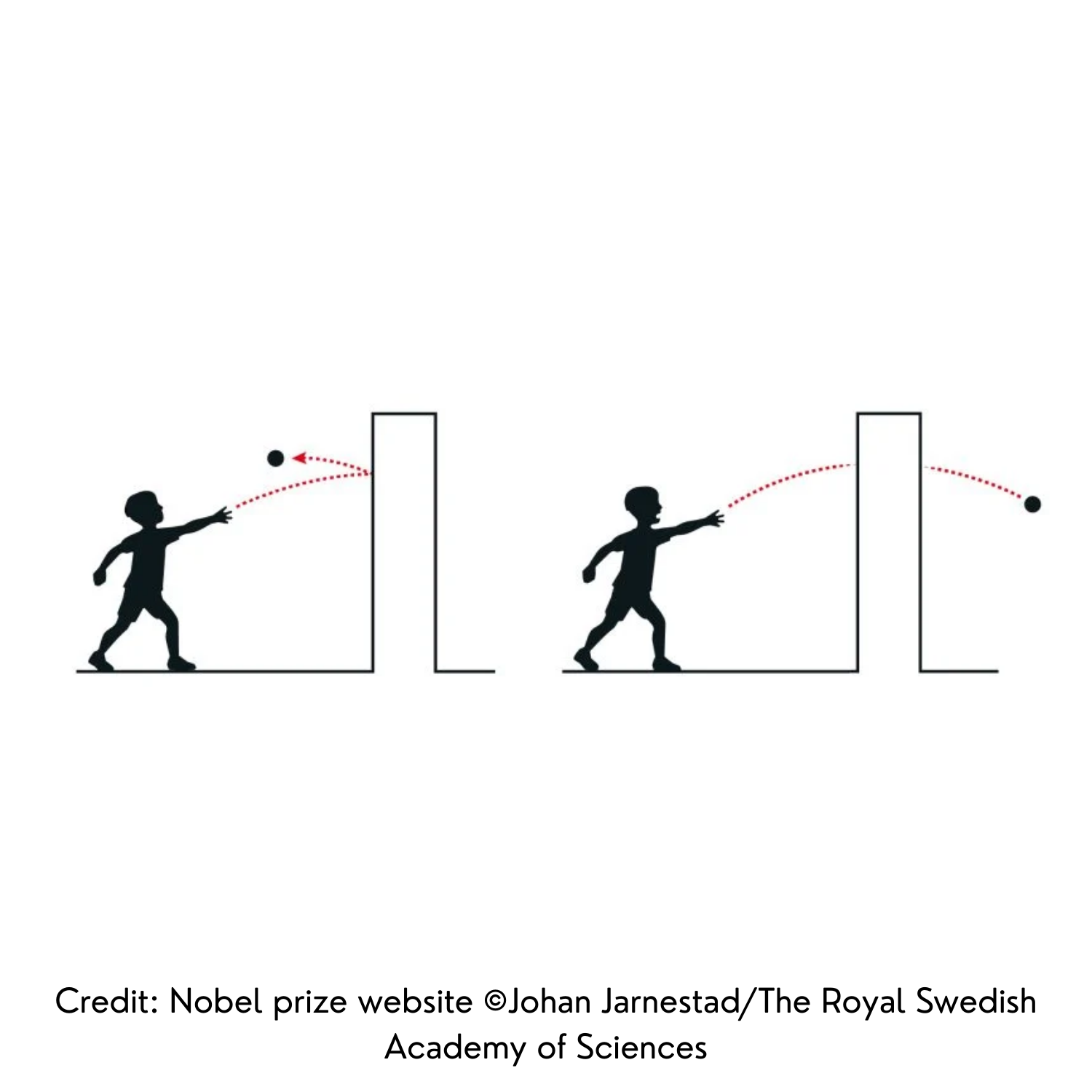
Can a tennis ball penetrate through a brick wall: The story of macroscopic quantum tunneling Tunneling of microscopic systems (e.g., electron, photon, etc.) through energy barrier – higher than the energy of the systems – is a well-known phenomenon in Quantum Mechanics, the physical description of the microscopic world. In classical world, the world where we live in, we don’t get to see such a phenomenon. So, we don’t expect a macroscopic object like a tennis ball to penetrate/tunnel through a solid barrier like a brick wall: the energy of the ball is quite low to overcome the required penetration energy of the wall. The main obstacle to observe tunneling of macroscopic quantum objects is the noise effect on the object by its surroundings, due to which, the possibility of tunneling can become insignificant. In their pathbreaking experiments – done during mid-eighties – John Clarke, Michel H. Devoret, and John M. Martinis (all working at the University of California, Berkeley at that time), managed to overcome this issue of environmental noise effect and showed tunneling of a bulk of superconducting electrons through an energy barrier. These works led to the Nobel Prize in Physics for the year 2025, won by these three physicists. Such a macroscopic quantum phenomenon has led to several important discoveries, including quantum computers with superconducting qubits. In my talk, I will try to provide a brief outline the idea of macroscopic quantum tunneling.
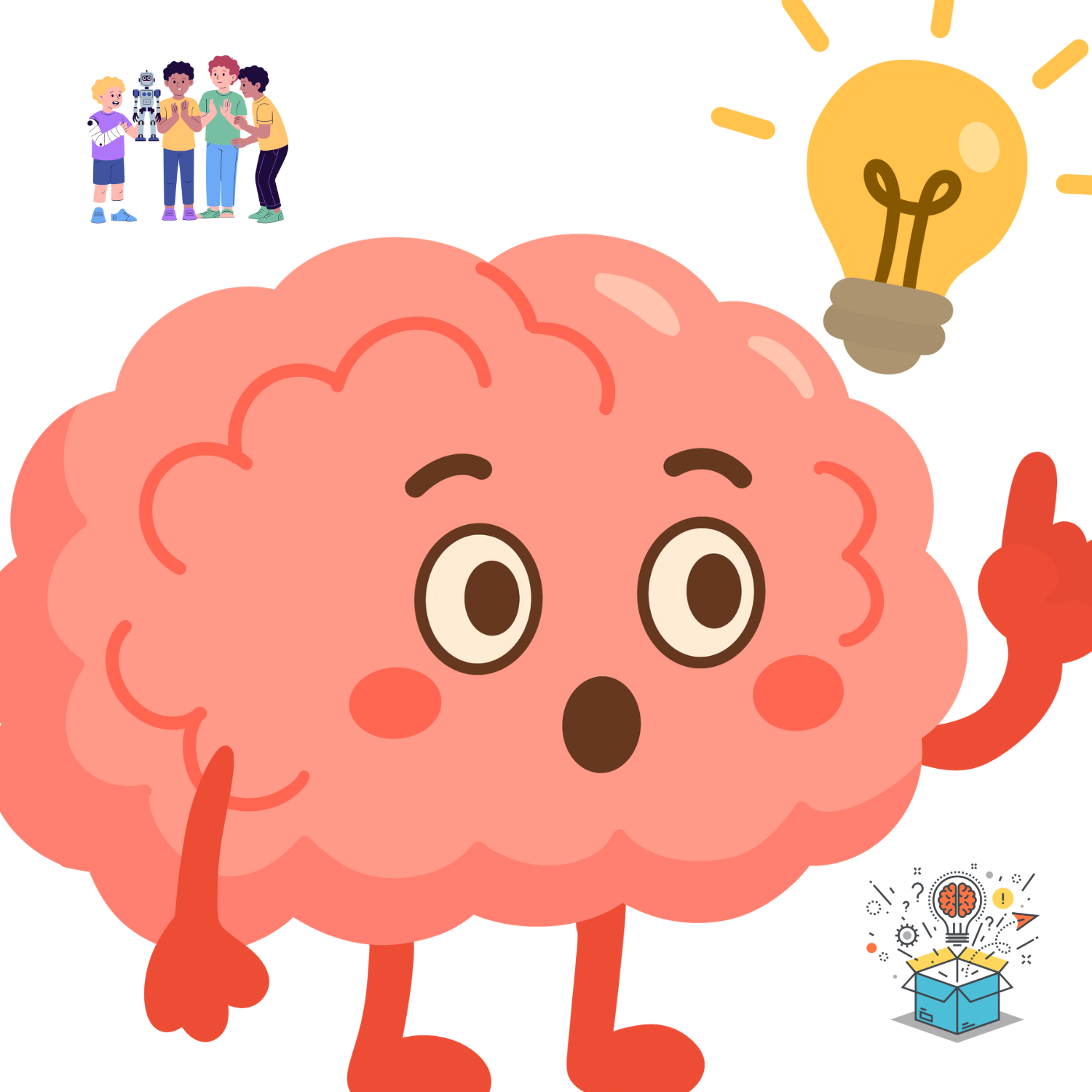
Joy of Discovery in the Modern Era : Some Reflections and Directions In this talk, we shall discuss the project of knowledge production as a profession and as a career, and the calling of a professional. We will present general arguments by looking into some contemporary examples drawn from different disciplines. We will described at a popular level recent discoveries such as gravitational waves which unites physics at the largest and smallest scales and the discovery of the Higgs boson which required a heroic man made machine. We will appeal to other examples from mathematics, computer science, biology, climate science, to name a few to motivate the challenges of the present era. We will also look into the issues of the psychology of creativity. Of importance are also questions of science and engineering in India as a developing country and that of representation of women among others. We will also touch on important issues of the role of the individual, of working in teams, and of communication. Stated differently this talk aims to provide a motivational framework and spells out the gestalt needed for a young person to enter the daunting field of research and discovery and to be a part of the great discoveries that lie ahead. The talk is aimed at a very broad audience and is accessible even to class XI and XII students, and for students across all B. Sc., B. Tech, M.Sc, Ph.D. students in all branches of sciences, and also to teachers and researchers in all areas of science. The speaker is well suited for this as someone with experience in both engineering and science. We wish to leave a lot of time for discussion at the end of the talk and encourage participation from all, young and not so young.
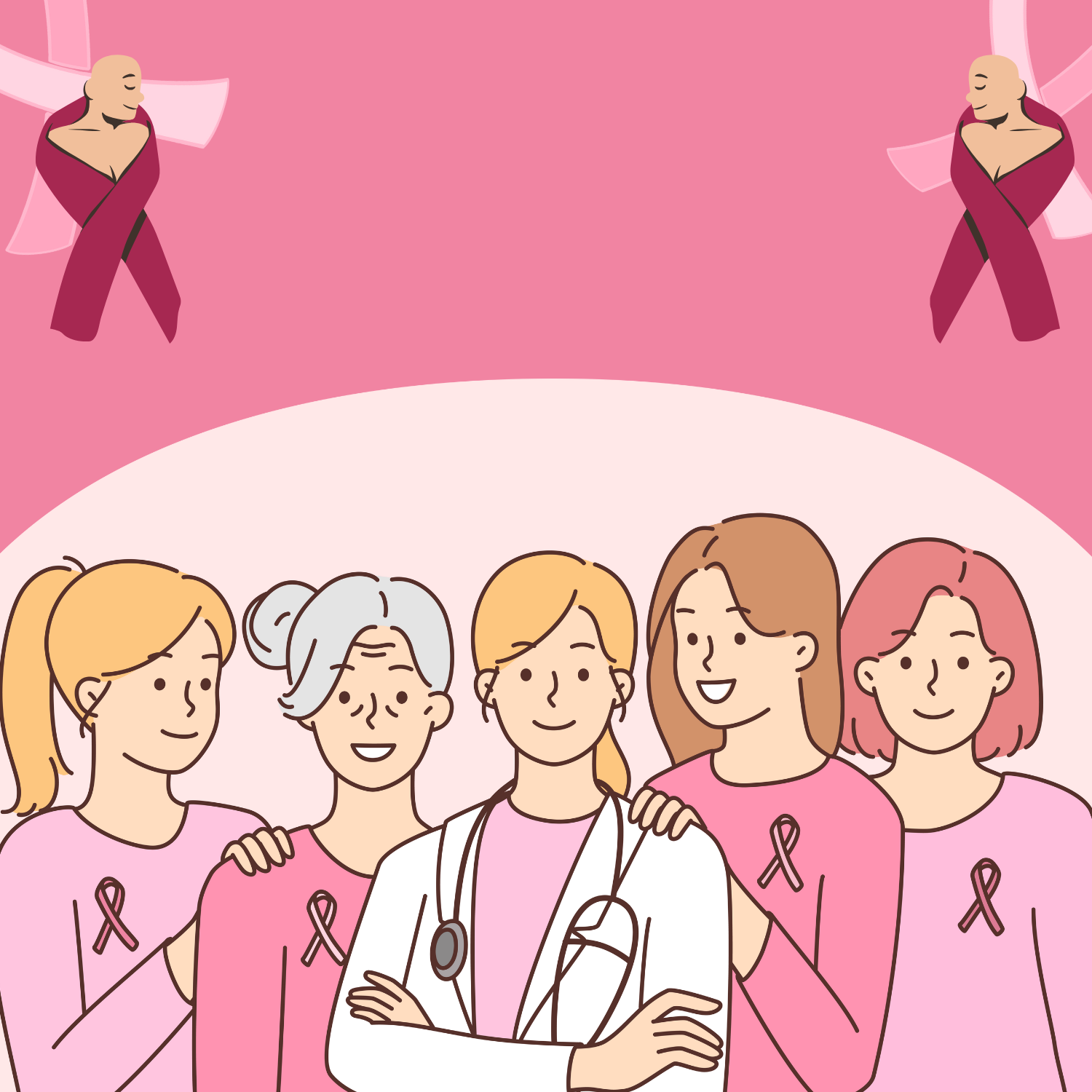
India’s Hidden Frontier: How Indigenous Immunotherapy is Redefining the Fight Against Cancer Could personalized, indigenous gene or cell-based therapies soon turn terminal or fatal diseases into a manageable chronic condition rather than a terminal one? Looking forward into the future, the integration of cutting-edge molecular tools with local research will become the cornerstone of medical independence. However, high powered technological tools may often lack the "warm" human-centric logic required to navigate biological complexity. As we begin to bridge the digital and the biological divide, a defined shift from "technology-oriented" to "individual-oriented" has emerged. Will care become "ubiquitous" in this era— integrating itself into the home, the workplace, and personality of an individual patient?
